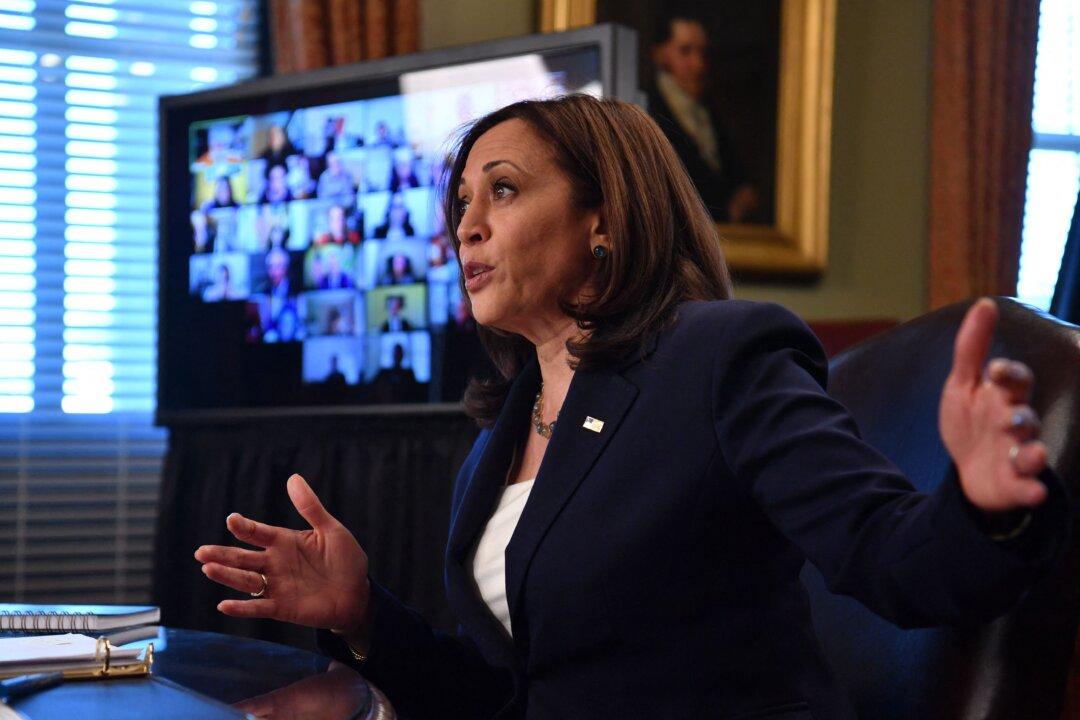Commentary
The number of federal employees belonging to a union jumped by 20 percent, or nearly 80,000 individuals, in just one year, according to data recently touted by the White House Task Force on Worker Organizing and Empowerment. Don’t let the name fool you. As a rise in federal employees seeking legal representation shows, the task force has helped funnel these employees into a system that empowers union officials, not workers.

